Everyone has their own opinion on who they believe to have been the best US president since the very first one in 1774. Many factors come into play when it comes to determining what can be seen as a great leader in office. Things like public persuasion, leadership in crisis situations, international relations and vision can be quite subjective. However, meaningfulness is reasonably more objective, as major changes, whether considered positive or negative by a given individual, remain, by definition, important. Here are the 40 presidents considered to be the most meaningful presidents in American history.
40. John Tyler
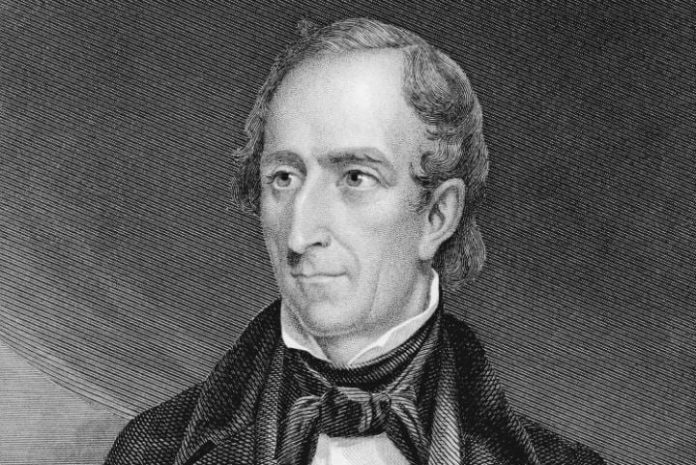
John Tyler became the 10th president after the death of President William Henry Harrison and was in office from 1841 to 1845. He was the first president to succeed a president who died during his term of office and was, therefore, the first president not to be elected. As the debate on slavery intensifies, he supports the right for States to make their own decisions on this and other issues. On the foreign front, he negotiated treaties with China and Great Britain.
39. Grover Cleveland

Grover Cleveland was president for two terms, the first from 1885 to 1889. He lost his first re-election, but eventually won again in 1893 and served until 1897. He is defended by the Conservatives for his tax policy and because he has advocated political reform. During his second term, he faced the panic of 1893, a terrible economic slowdown and a huge national railway strike, known as the Pullman strike of 1894. Despite a dull second term, Cleveland is considered one of the best American presidents.
38. Harry S. Truman
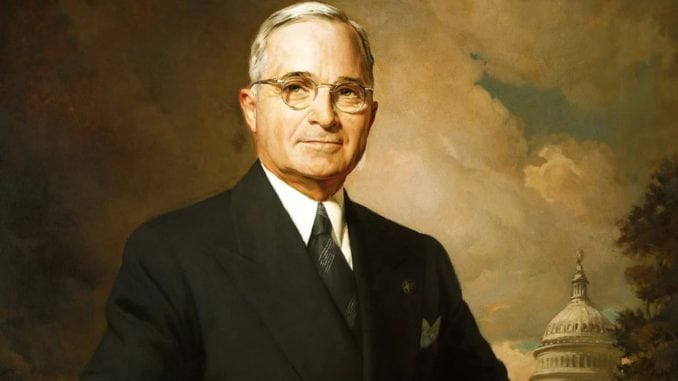
Harry S. Truman was the 33rd President of the United States and served from 1945 to 1953. During his term as President, he used his veto 180 times, which is staggering. He also holds the title of the only president to have used nuclear weapons.
37. William H. Taft
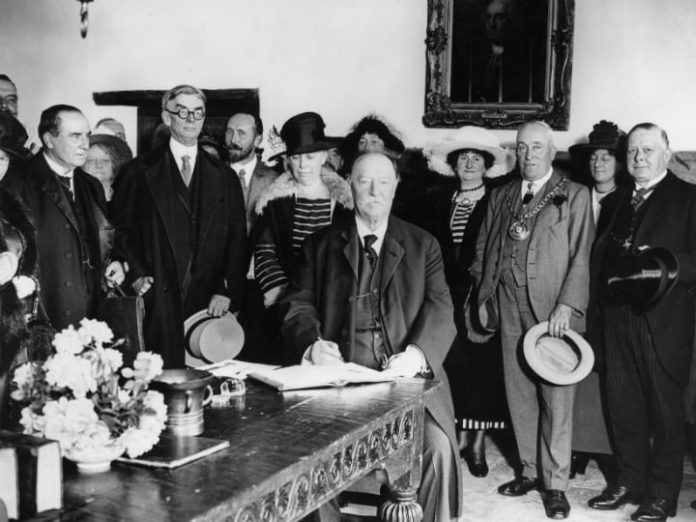
President William H. Taft, the 27th President of the United States from 1909 to 1913, focused his efforts on East Asia more than on European affairs. Taft has also intervened in Latin American affairs to set up or overthrow governments.
36. Warren G. Harding
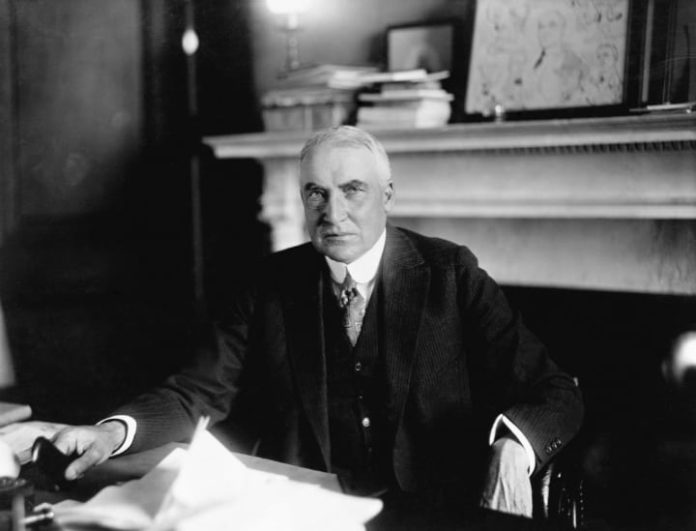
The election of the 29th President Warren G. Harding made history because it was the first election in which women could vote. During his tenure, from 1921 to 1923, Harding championed a “return to normalcy” and officially ended the First World War in 1921 when he officially declared the United States at peace with Germany, Hungary and Austria.
35. William Henry Harrison
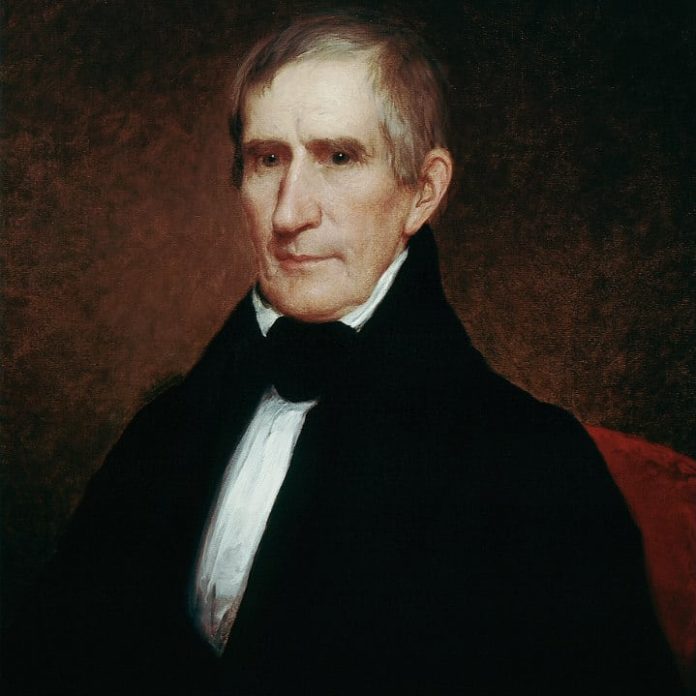
Ninth President, William Henry, was the first one to die in office and keeps the record for the shortest term in office. Henry died only 31 days after his inauguration on March 4, 1841. Harrison was the last living president before the American Revolution. He became known for leading the American army to victory in the Battle of Tippecanoe in 1811.
34. Millard Fillmore

Millard Fillmore was the last president of the Whig Party before it collapsed. He became the 13th president when President Taylor died of cholera during his term in 1850. Immediately after Taylor’s death, the entire White House cabinet resigned and Fillmore had to build a new one from scratch. During his presidency, from 1850 to 1853, he signed the Compromise of 1850, which tried (and failed) to avoid a split between North and South. In foreign affairs, he helped to develop relations with Japan, which at the time prohibited all external relations, including foreign trade. Under his leadership, they began to allow American ships to stop in Japan for emergencies or to collect food or water.
33. Herbert Hoover
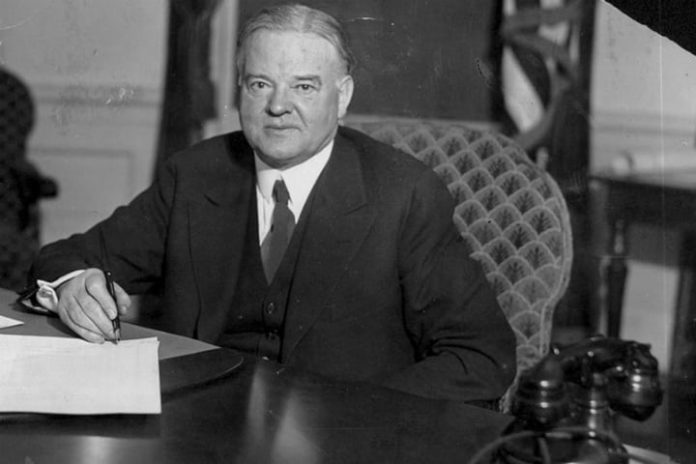
31st American President, Herbert Hoover, was President during one of the most difficult periods in American history. He was in Europe when World War I broke out and was credited with helping to evacuate about 120,000 American tourists who were in France and Germany at the time. During his term of office, from 1929 to 1933, the stock market collapsed and the Great Depression began. Despite the difficult circumstances, he tried several tactics to help the country. Hoover tried to reduce taxes and convince companies to retain their employees during the recession. However, change is slow and he has been forced to hold on in the context of the worst economy the country has ever seen.
32. Chester Arthur
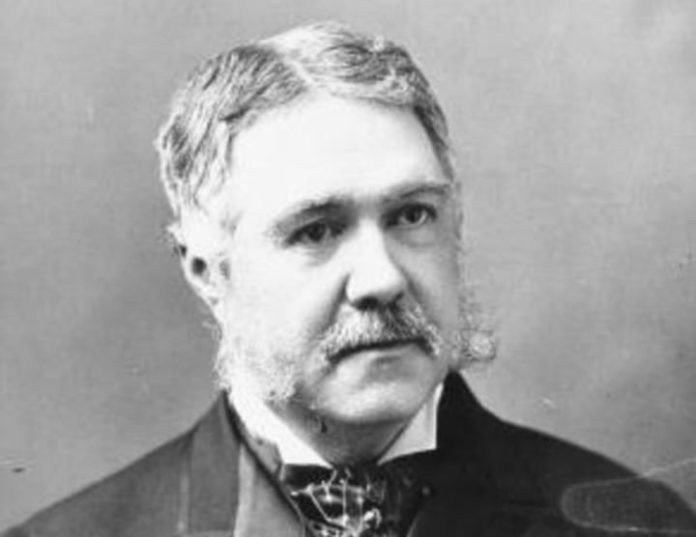
Chester Arthur, the 21st president, became president after the assassination of President James Garfield in 1881, of which he was vice-president. One of the major achievements of his presidency, from 1881 to 1885, was the enactment of the Pendleton Act. Pendleton’s Public Service Reform Act changed the face of government jobs by ensuring that people obtain jobs in the federal government through a merit-based system and a distinct political affiliation.
31. James K. Polk
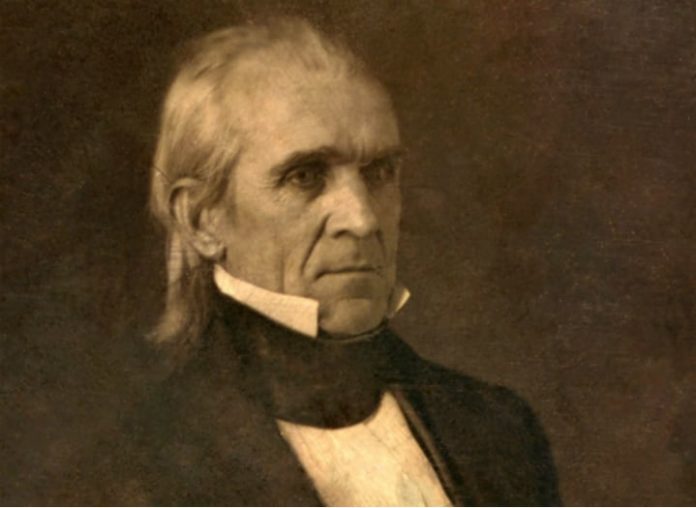
Under the 11th President James K. Polk’s leadership, the United States reigned victorious in the Mexican-American war and considerably expanded its territory. With the Mexican Cession of 1848, the United States extended its territory to the Pacific Ocean. He also annexed the Republic of Texas during his term of office.
30. Martin Van Buren
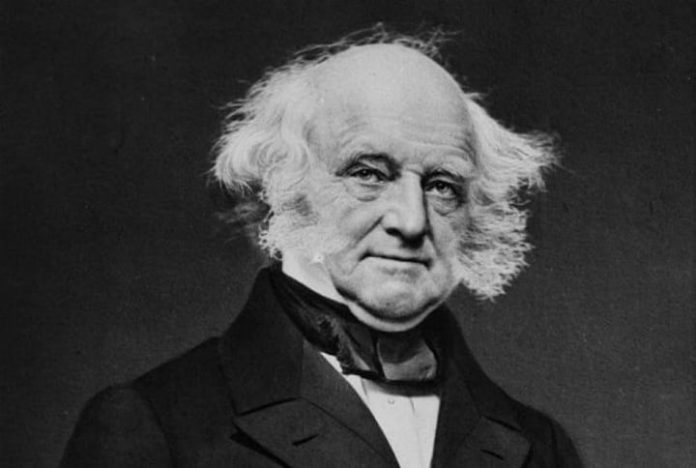
In power from 1837 to 1841, Martin Van Buren was president during a major economic crisis known as the Panic of 1837 which began just three months after taking office. It was the first major depression in the United States. Van Buren argued that the US Treasury should be independent of the government and hold all its funds separately, in order to separate it from changes in political opinion. He inherited of the Great Depression, however, the policies he put forward eventually revitalized the economy.
29. James Monroe

Founding father James Monroe was the fifth president of the United States from 1817 to 1825. He fought in the American War of Independence and his first term was announced in what was known as the era of good feelings. President Monroe is well known today for his foreign policy.
28. Rutherford B. Hayes
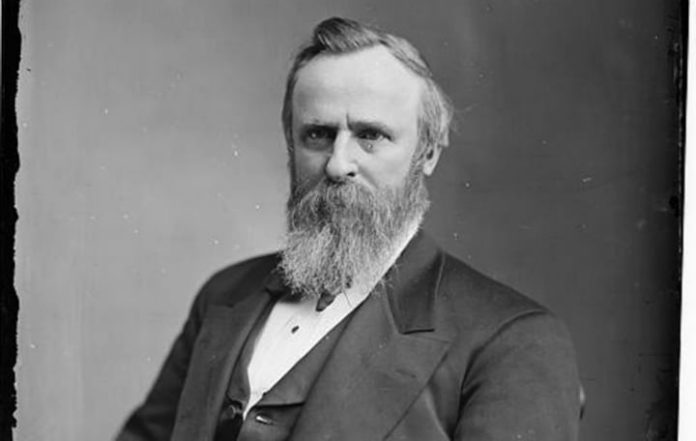
Republican Rutherford B. Hayes was the 19th President of the United States from 1877 to 1881. He was a supporter of expanding the civil rights of the black community, but his efforts were blocked by a Democrat-majority Congress. He advocated public service reviews to ensure that government members obtained jobs based on merit rather than political ties, which later became the Pendleton Act. His wife was the first First Lady to attend college and encouraged the first non-alcoholic White House.
27. Zachary Taylor
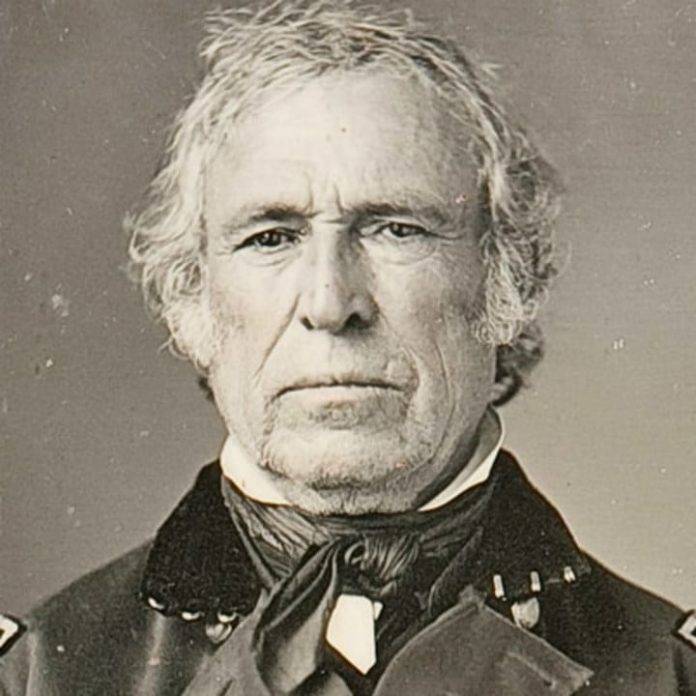
The 12th American President, Zachary Taylor, is best known for his short term of office. He was a war hero before entering politics during the Mexican-American war. Zachary Taylor was also the last Whig Party leader to be elected president. His mandate, which began in March 1849, is strongly focused on the debate around slavery. Taylor turned to an anti-slavery position, even though he himself owned slaves at the time. He encouraged New Mexico and California to become states during his term.
26. Benjamin Harrison
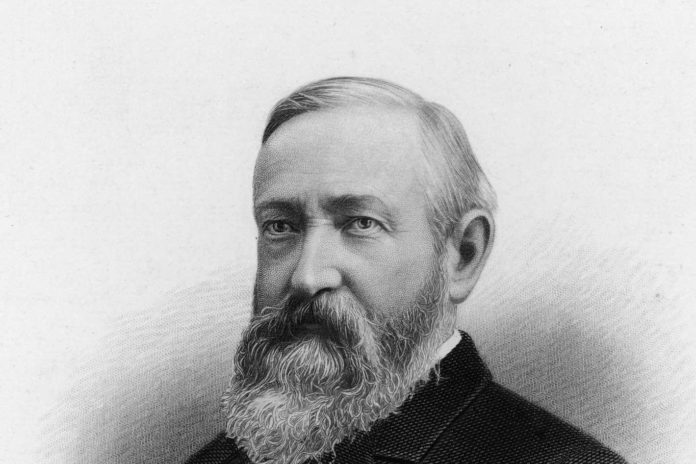
Benjamin Harrison was the 23rd President of the United States and served in the Union Army during the American Civil War. Harrison is well known for defending and enforcing the right to vote for African Americans. He was also responsible for the admission of six Western states to the Union: North Dakota, South Dakota, Montana, Washington and Wyoming.
25. James A. Garfield
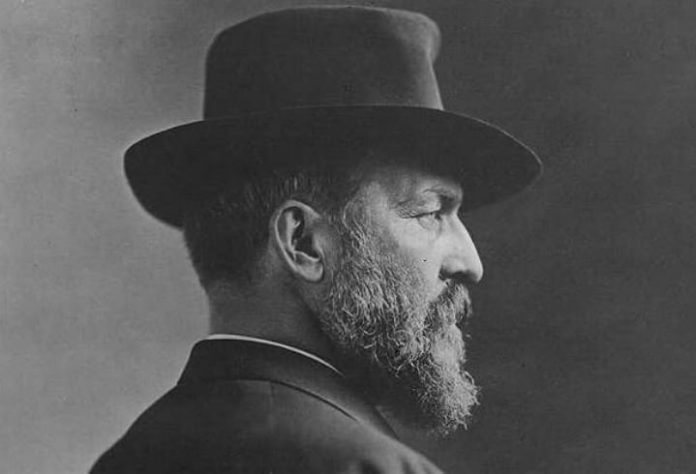
James A. Garfield was the 20th President of the United States and holds the title of the only current member of the House of Representatives to have been elected President of the United States. He was able to accomplish a long list of accomplishments during his term of office from March 4, 1881 to September 19, 1881. Among other things, it has succeeded in strengthening the navy and eradicating corruption in the postal service. It is concerned with civil rights and advocates for a universal education system for all. He also appointed a number of African Americans, such as Frederick Douglass, to senior government positions.
24. Calvin Coolidge
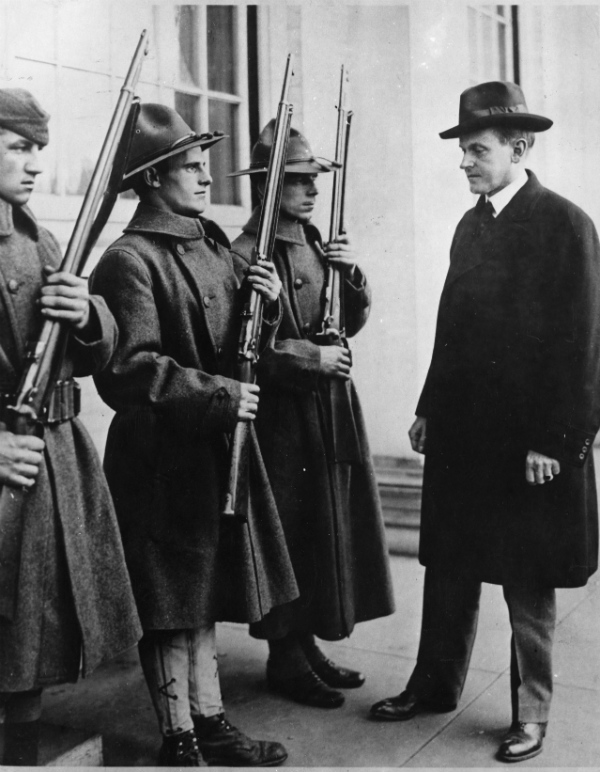
Calvin Coolidge took over after the death of President Warren Harding in 1923. He won the 1924 presidential election and served until 1929. Coolidge was a great advocate of small governments and laissez-faire foreign policy. Many considered his presidency as a time when dignity was restored, as the White House had been tainted by several years of scandals. Calving Coolidge was a strong advocate for racial equality and civil rights, although his efforts were not always endorsed by the rest of the government. However, it has passed the Indian Citizenship Act, which grants citizenship to all Amerindians living on reserves.
23. Lyndon Baines Johnson
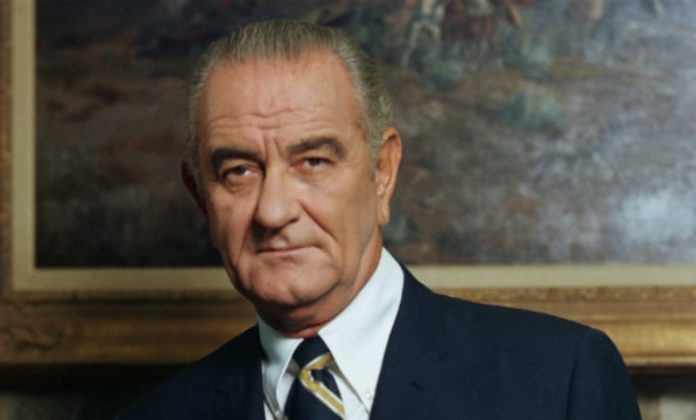
Lyndon Baines Johnson was the 36th President of the United States and pursued equal justice for all and good relations with Congress during his tenure from 1963 to 1969. Johnson has passed numerous national laws affecting civil rights, firearms laws and social welfare. He passed social security into law and extended Medicare and Medicaid.
22. Ulysses S. Grant
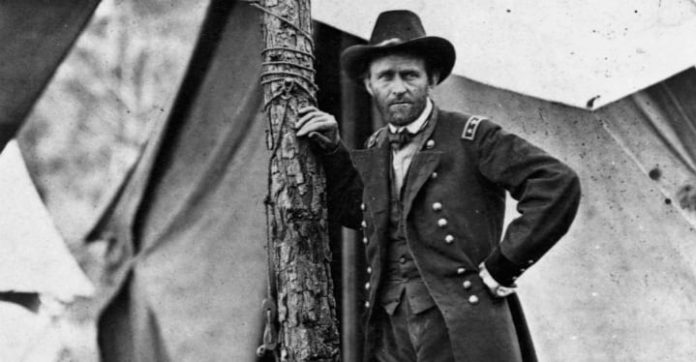
War hero Ulysses S. Grant was the 18th President of the United States and was highly appreciated by the public during his tenure from 1869 to 1877. When he was sworn in as president at the age of 47, he was the youngest president at the time. Grant received a high ranking for his public persuasion, moral authority, excellence in international relations and pursuit of justice for all Americans. He is remembered as an honest person who took a strong stand against the KKK in the old Confederation. Grant also appointed African Americans and American Jews to power for the first time.
21. John Quincy Adams
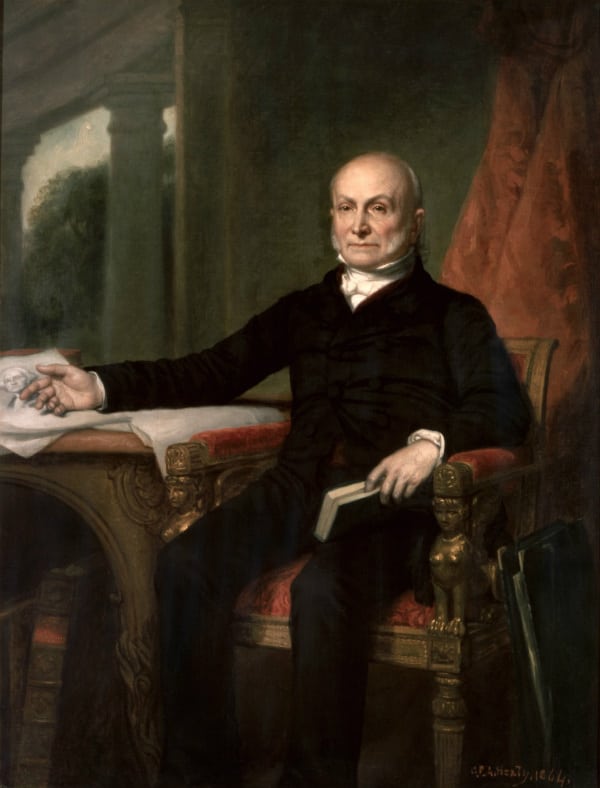
John Quincy Adams was the sixth President of the United States, serving from 1825 to 1829. Adams was fiercely opposed to slavery. According to him, he was “the sharpest, cleverest, most archi enemy of southern slavery that ever existed.” President Adams has also been a strong advocate of non-intervention policies, staying out of European politics. He was also against the annexation of Texas.
20. John Adams
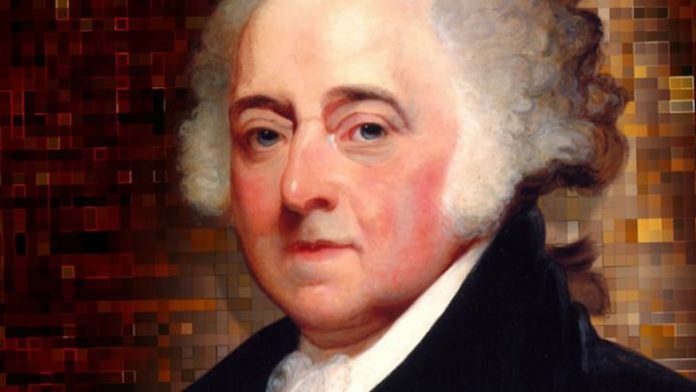
John Adams, one of America’s founding fathers, was the second president of the United States. He is best remembered for his resolution of the conflict with France and for the formation of the army and navy during his tenure from 1797 to 1801.
19. Andrew Jackson
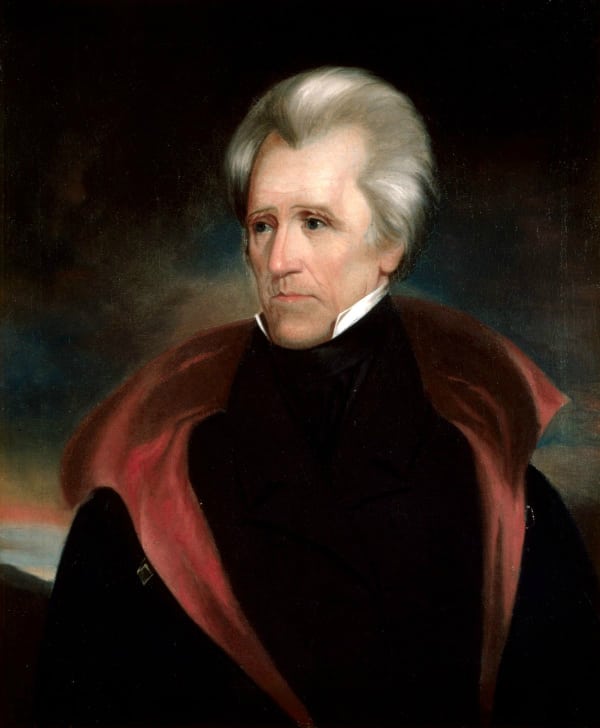
Andrew Jackson remains the only president who has succeeded in paying down the national debt and preventing South Carolina from seceding from the Union. Although Andrew Jackson appears on the $20 bill, he was against the use of paper money, preferring the use of gold and silver instead.
18. John F. Kennedy
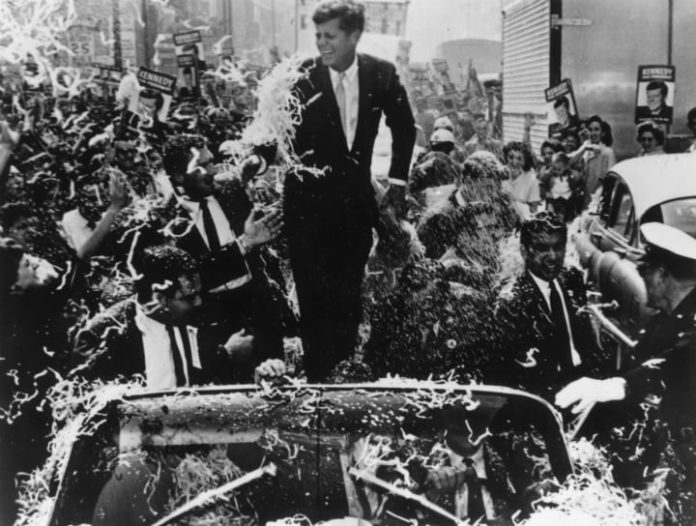
John F. Kennedy was the 35th President of the United States from 1961 until his assassination in 1963. He created the Peace Corps and was a leader during the Cuban missile crisis.
17. Gerald R. Ford Jr.
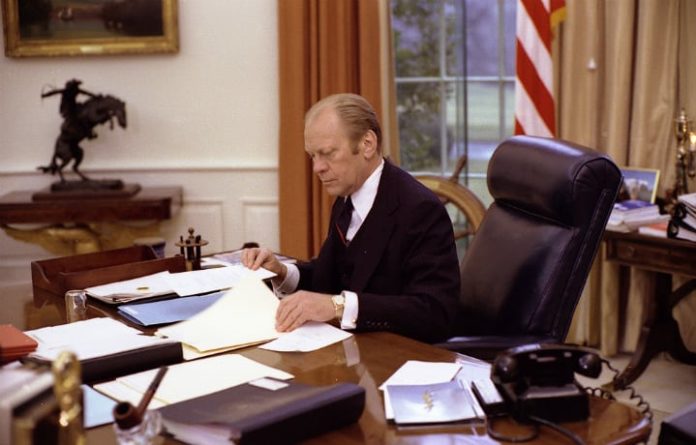
Gerald Ford became the 38th President of the United States after Richard Nixon resigned. His presidential term lasted from 1974 to 1977. We remember his participation in the Helsinki Agreements, which attempted to thaw relations with the Soviet Union during the Cold War. He led the country through a severe economic depression.
16. Thomas Jefferson
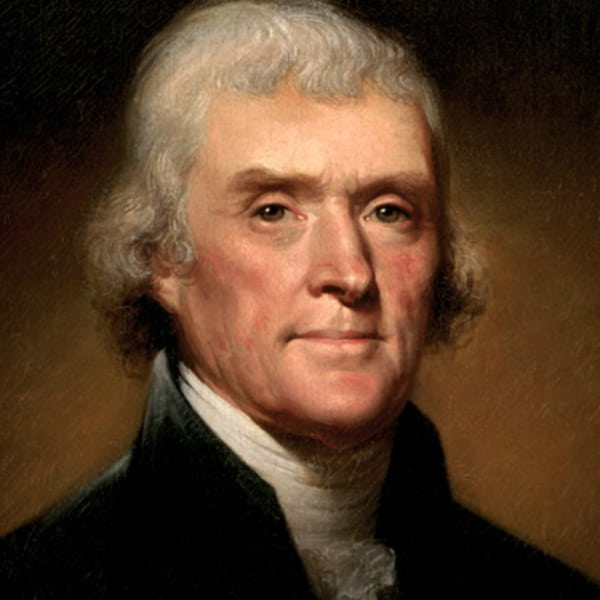
Founding father Thomas Jefferson was the third president of the nation from 1801 to 1809 and was the main author of the Declaration of Independence. Jefferson orchestrated the purchase of Louisiana with France, doubling the territory of the United States. He was also a defender of religious freedom and tolerance.
15. James Madison
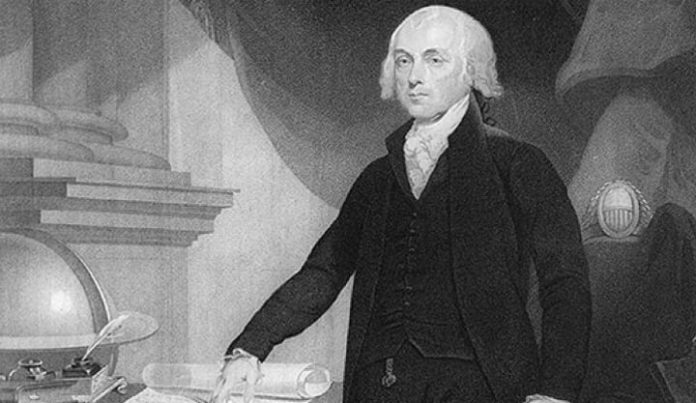
James Madison, the father of the Constitution, was the fourth president of the United States. He led the country during the War of 1812 and called for the strengthening of the armed forces, government powers and the creation of a national bank. His wife Dolley played a key role in defining the role of the First Lady. She was the first to play an active role in the White House by redecorating and leading a public awareness program for orphans.
14. William McKinley Jr.
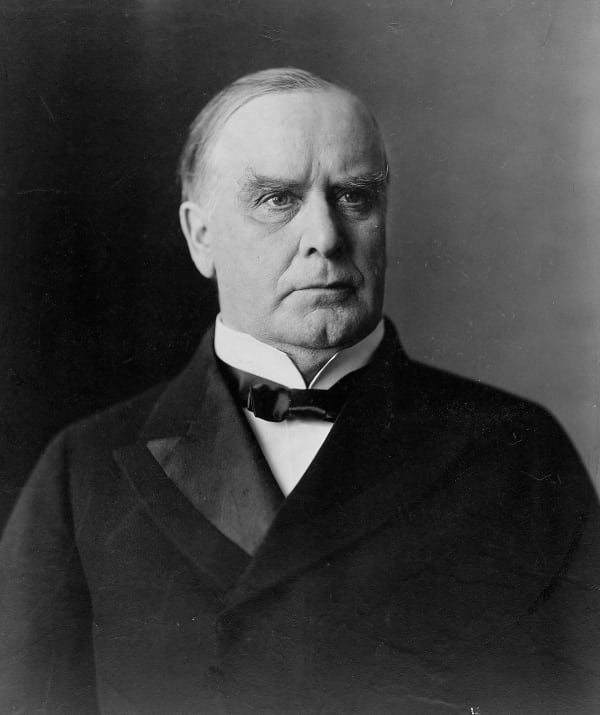
William McKinley was the 25th President of the United States and the most recent President to have served during the civil war. He was Commander-in-Chief from 1897 to 1901. We remember the 25th President for leading the United States to victory in the Spanish-American war. He is also known to have advanced the U.S. economy and maintained the gold standard. He was also president when Puerto Rico, Guam and the Philippines became American territories.
13. Jimmy Carter
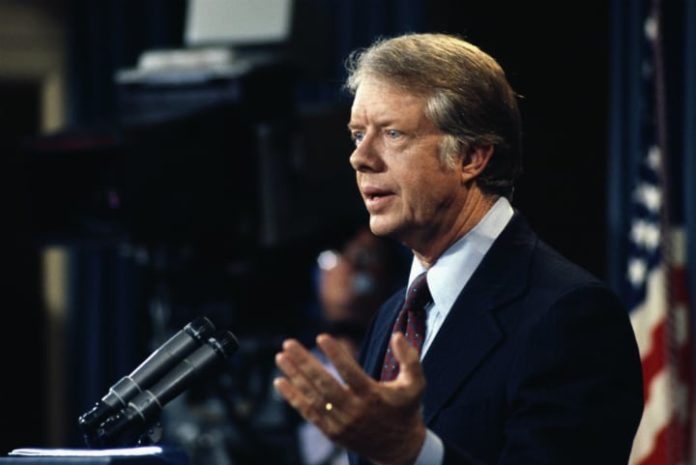
Jimmy Carter served as the 39th President of the United States from 1977 to 1981. While he was President, he created the Ministry of Energy and the Ministry of Education. He was also behind the Camp David Accords, which led to the Israeli-Egyptian Peace Treaty in 1979. He was confronted with several international crises during his presidency, including the 1979 energy crisis and the hostage crisis in Iran. In 2002, he received the Nobel Peace Prize for the work of his NGO, the Carter Center.
12. George H. W. Bush
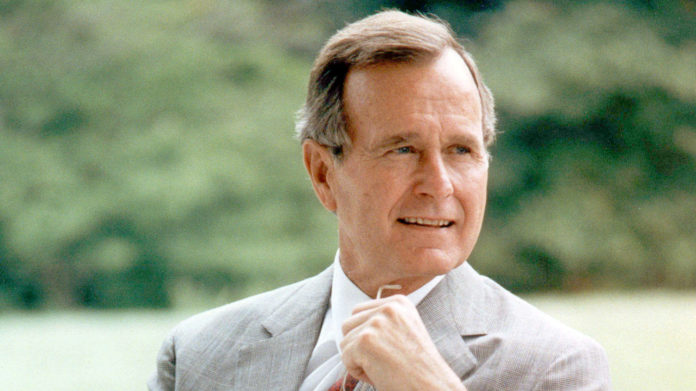
George H. W. W. Bush served from 1989 to 1993. During his presidency, he oversaw the fall of the Berlin Wall, the end of the Cold War and the first Gulf War. In terms of internal affairs, he created the Americans With Disablities Act and the Clean Air Act. He was also a signatory to the historic North American Free Trade Agreement between the United States, Canada and Mexico. He and his wife Barbara hold the record for the longest presidential wedding.
11. Bill Clinton

Bill Clinton was the 42nd President of the United States and is remembered for his public persuasion and exemplary economic management during his term from 1993 to 2001. Clinton holds the title of the longest period of peacetime economic expansion of all presidents. It has carried out a number of reforms concerning social assistance and health insurance for children and has actively promoted peace efforts throughout the world.
10. George W. Bush
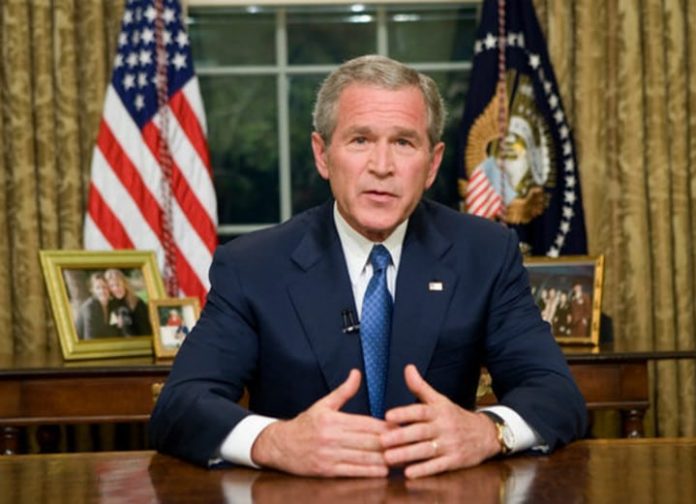
George W. Bush was the 43rd President of the United States and Commander-in-Chief during one of his most devastating moments, the attacks of September 11, 2001. During his dual mandate, from 2001 to 2008, he ordered the invasion of Afghanistan and a second Gulf War in Iraq, which overthrew his leader Saddam Hussein. It also created the Department of Homeland Security following the terrorist attacks of 11 September 2001.
9. Theodore Roosevelt
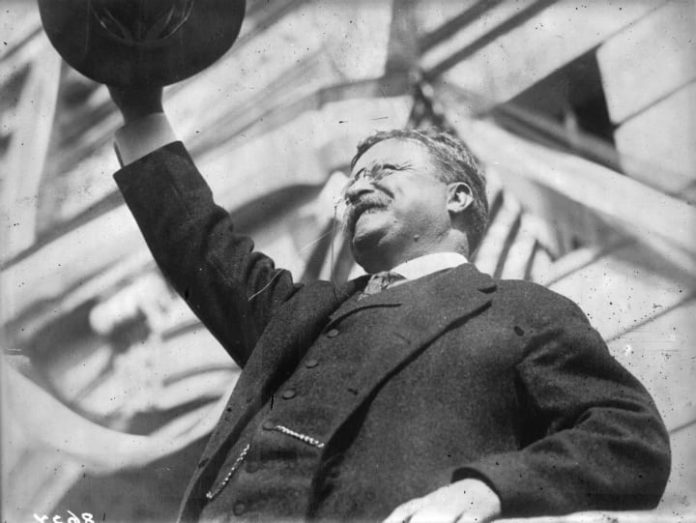
Theodore Roosevelt, the 26th President of the United States. During his tenure from 1901 to 1909, Theodore Roosevelt was responsible for the creation of many national parks and forests, as well as monuments. He began construction of the Panama Canal, expanded the navy and won the Nobel Peace Prize for negotiating the end of the Russo-Japanese war.
8. Dwight D. Eisenhower
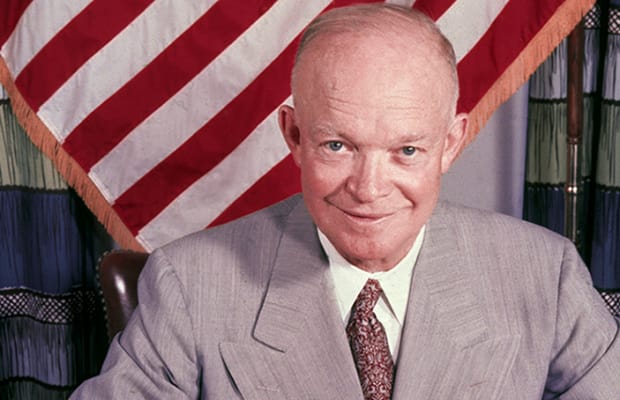
Dwight D. Eisenhower was the 34th President of the United States from 1953 to 1961. Eisenhower was responsible for implementing the desegregation of the armed forces, a policy defined by President Truman. Eisenhower has always been at the top of surveys of the most admired men of all time.
7. Woodrow Wilson
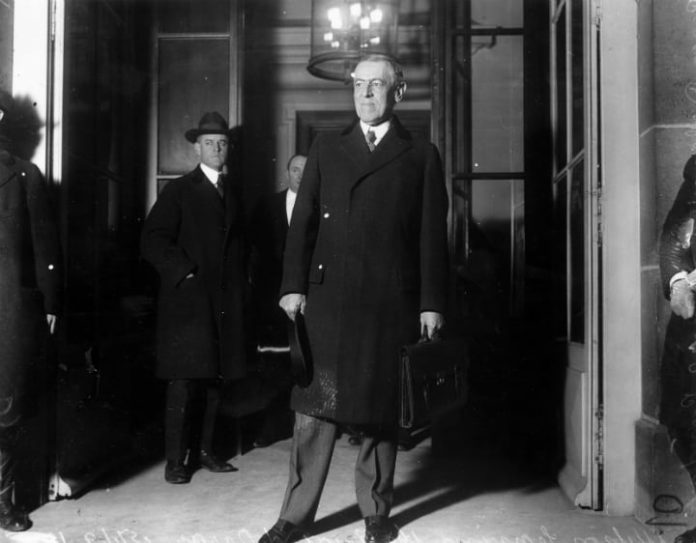
Woodrow Wilson was the 28th President of the United States for two terms, from 1913 to 1921. Wilson led the United States during the First World War and contributed to the Treaty of Versailles which significantly contributed to ending the war. At the end of the conference, Wilson is famous for saying: “At last the world knows America as the saviour of the world!” He strongly insisted that the United States join the League of Nations, which eventually became the United Nations, but Congress did not approve.
6. Richard M. Nixon
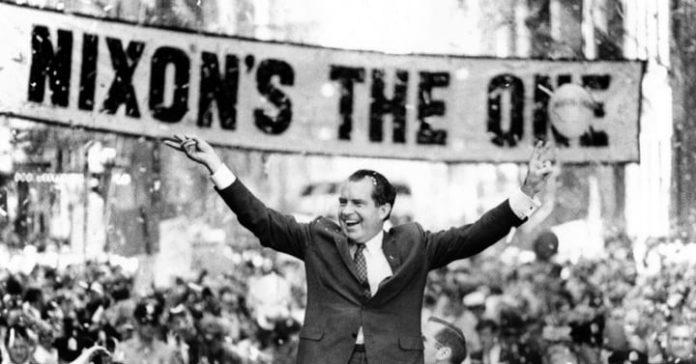
Richard M. Nixon was the 37th President of the United States and had an immense talent for negotiating foreign affairs. During his tenure, from 1969 to 1974, he successfully ended American engagement in Vietnam, brought prisoners of war home, established diplomatic relations with China and signed the Anti-Ballistic Missile Treaty with the USSR. Nixon was also responsible for desegregation in the South, the creation of the Environmental Protection Agency, the enactment of the anti-crime bill and the launch of the “war on cancer”.
5. Ronald Reagan
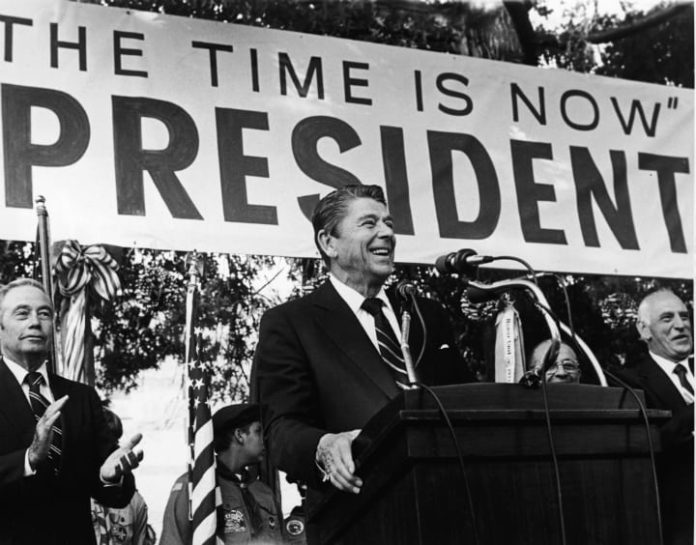
The ninth best president in history is none other than Ronald Reagan, who was the 40th president of the United States from 1981 to 1989. President Reagan is well known for his Reaganomics policy, as well as for ending the Cold War with the Soviet Union and the Iran-Contra affair. We also remember his emblematic speech in West Germany, in front of the Berlin Wall, in which he told Soviet Secretary General Gorbachev to “bring down that wall”.
4. Franklin D. Roosevelt
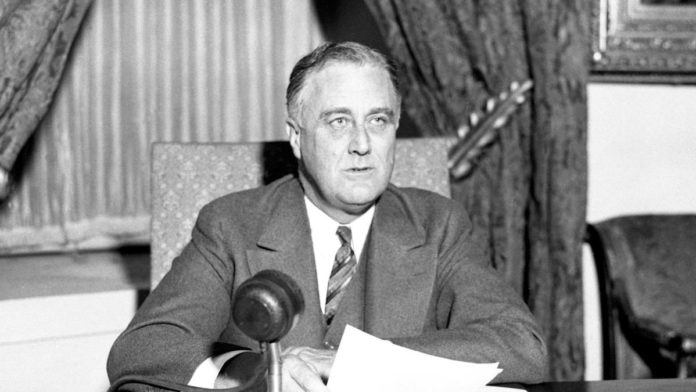
Franklin D. Roosevelt was the 32nd President of the United States and holds the title of being the only President to have been elected four times, holding this position from 1933 to 1945. He led the nation through the Great Depression and to victory in the Second World War. He implemented many social and economic reforms as part of the New Deal to try to get the United States out of the clutches of the Great Depression.
3. George Washington
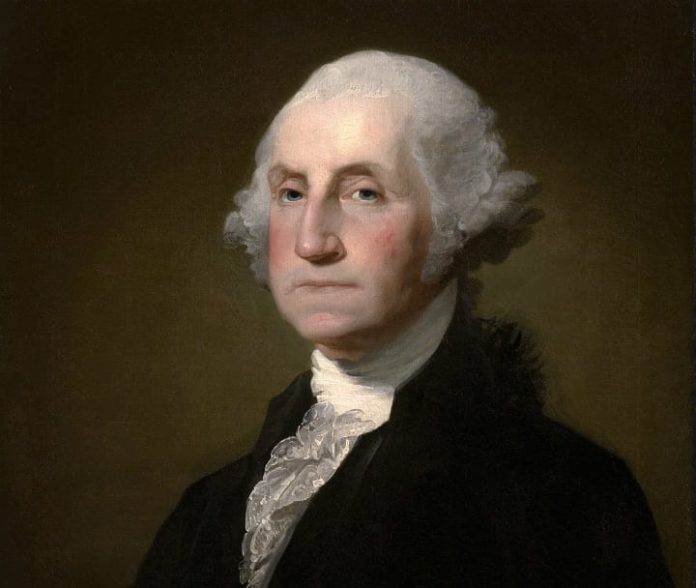
George Washington is the very first president of the United States. As a founding father, Washington defined the nation and the duties of a president during his term from 1789 to 1797. Washington helped establish many of the most basic parts of the American government, such as the seat of government and the tax system. He was head of the continental army during the American War of Independence.
2. Barack Obama

Barack Obama was the 44th president of the United States and the very first African American to win the title. Obama has achieved very good results in his pursuit of justice for all and his ability to persuade the public during his term from 2009 to 2017. Obama is remembered for reforming health care with the Affordable Care Act, repealing the military policy “Dont’ Ask Don’t Tell, helping to negotiate a nuclear agreement with Iran, normalizing relations with Cuba and initiating sanctions against Russia for invading Ukraine.
1. Abraham Lincoln
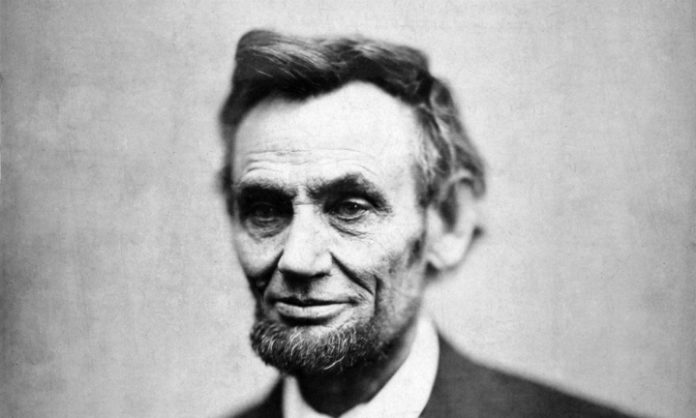
Abraham Lincoln was the 16th president from 1861 to 1865. He led the Union during the civil war and, above all, began the process of abolishing slavery. He laid the foundations for the abolition of slavery by promulgating the Emancipation Proclamation in 1863, which changed the status of slaves in the South to liberate people.
Source: Icepop


![[Photos] Why WD-40 Is Magic In Your Garden?](https://lifetonik.com/wp-content/uploads/sites/7/2019/08/WD40-Prices-Highres_Page_8_Image_0008-218x150.jpg)





![[Photos] Take A Look Of The Obama’s New Home Before It’s Banned](https://lifetonik.com/wp-content/uploads/sites/7/2019/07/Obama1-218x150.jpg)

![[Slideshow] Celebrity Homes: 21 Of The Most Luxurious](https://lifetonik.com/wp-content/uploads/sites/7/2019/07/Taylor-Swift-218x150.jpg)
![[Slideshow] More Parents Are Now Gluing Pennies to the Bottom of their Kid’s Shoes](https://lifetonik.com/wp-content/uploads/sites/7/2019/07/Keep-Them-Entertained-218x150.jpeg)
![[Photos] 20 Fashion Mistakes That Too Many Women Make!](https://lifetonik.com/wp-content/uploads/sites/7/2019/07/5-style-mistakes-that-make-you-look-frumpy-featured-218x150.jpg)



















![[Gallery] 25 Discounts For Seniors To Which You Are Entitled Without Knowing It](https://lifetonik.com/wp-content/uploads/sites/7/2019/08/EAZxECUXUAAvNZR-218x150.jpg)
![[Slideshow] Here’s the salary of every governor in the United States](https://lifetonik.com/wp-content/uploads/sites/7/2019/08/Charlie-Baker-218x150.jpg)
![[Photos] No One Will Want To Buy This House After Seeing These Pictures](https://lifetonik.com/wp-content/uploads/sites/7/2019/08/terrible-real-estate-photos-2-5c35e727c9f95__700-218x150.jpg)



